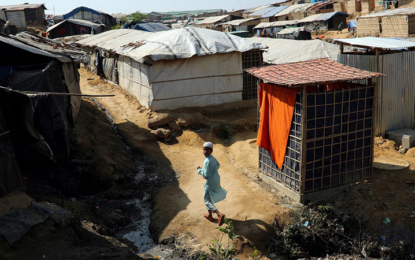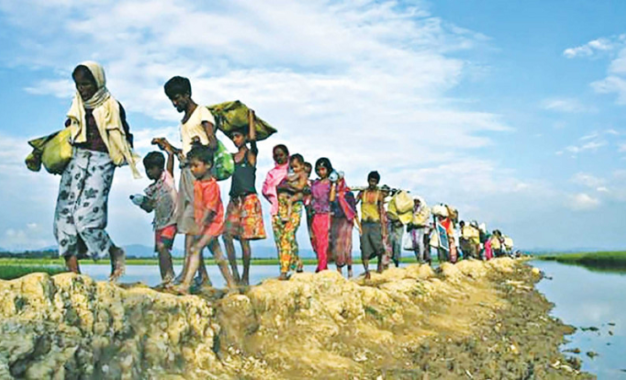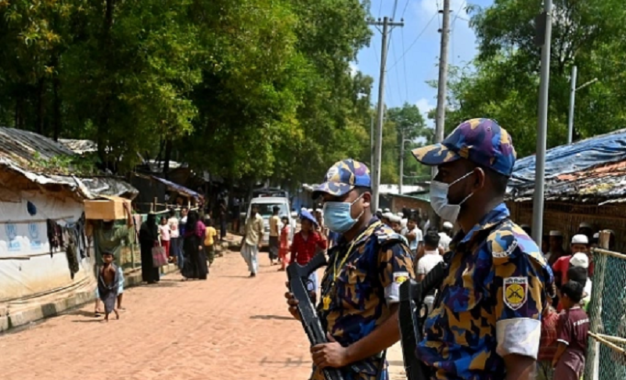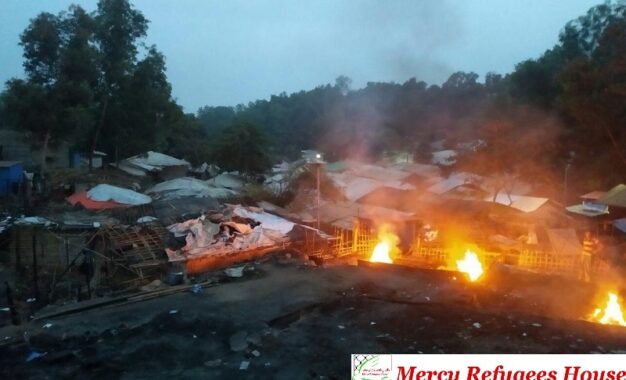Latest News
Fear sweeps Rohingya camps as Bangladesh razes thousands of ‘illegal’ shops
Bangladesh, Education, Help Refugees, Human Rights, Myanmar, Refugees Issues, Religious Rights

Rohingya refugees said on Wednesday they had lost their sources of income and daily necessities in Cox’s Bazar, the world’s largest refugee settlement, as Bangladeshi authorities demolished over 2,000 of their “illegal” shops.
Bangladesh hosts over 1.1 million Rohingya who fled neighboring Myanmar during a military crackdown in 2017. Most of them live in dozens of camps in Cox’s Bazar, a coastal region in the country’s east.
Some makeshift shops serving the refugee community have been closed down by law enforcement for various reasons, including the trade of illegal products, but such operations were limited until last month.
Over the past few weeks, more than 2,000 shops were bulldozed, as authorities in Cox’s Bazar say they are trying to clear the way for new homes as the number of refugees continues to increase.
ALSO READ THIS: THOUSANDS OF ROHINGYA SHOPS DEMOLISHED IN BANGLADESH, LEAVING REFUGEES DESPERATE
“Works are underway in the vacated land for building homes and health centers for the Rohingyas,” Shamasud Douza, additional refugee relief and repatriation commissioner, told Arab News, adding that the UN High Commissioner for Refugees and other groups are already supplying the community with aid.
“The Rohingyas are not allowed to run any shops and conduct business here,” Douza said. “The demolitions of these illegal shops are a part of our regular activity which we have been doing (from) time to time since 2018.”
This is the first occasion, however, that so many shops have been removed by the authorities in one go.
Mohammad Alamin, who used to have a shop in Ukhia camp, said he was left with no means to support his family.
Amazon Sponsorship
Recent Posts
Jul 29, 2023
It has been close to six years since hundreds of thousands of Rohingya faced a deadly genocide by Myanmar’s military and fled the country in search of protection and refuge in neighbouring Bangladesh. The Rohingya population has been undergoing persecution, discrimination, arbitrary arrests, and atrocities in Myanmar for over seven decades. Their condition is alarmingly […]


















